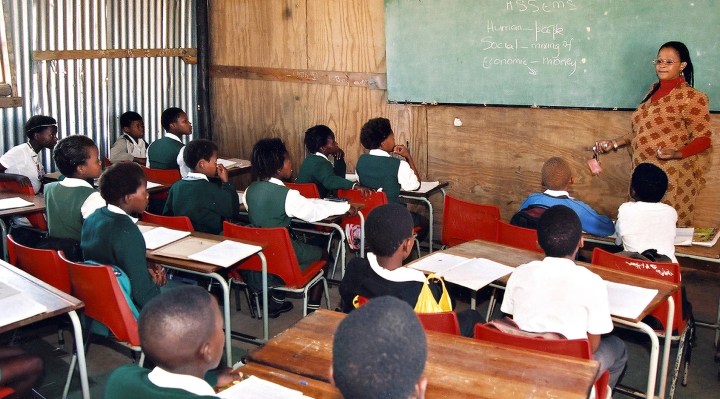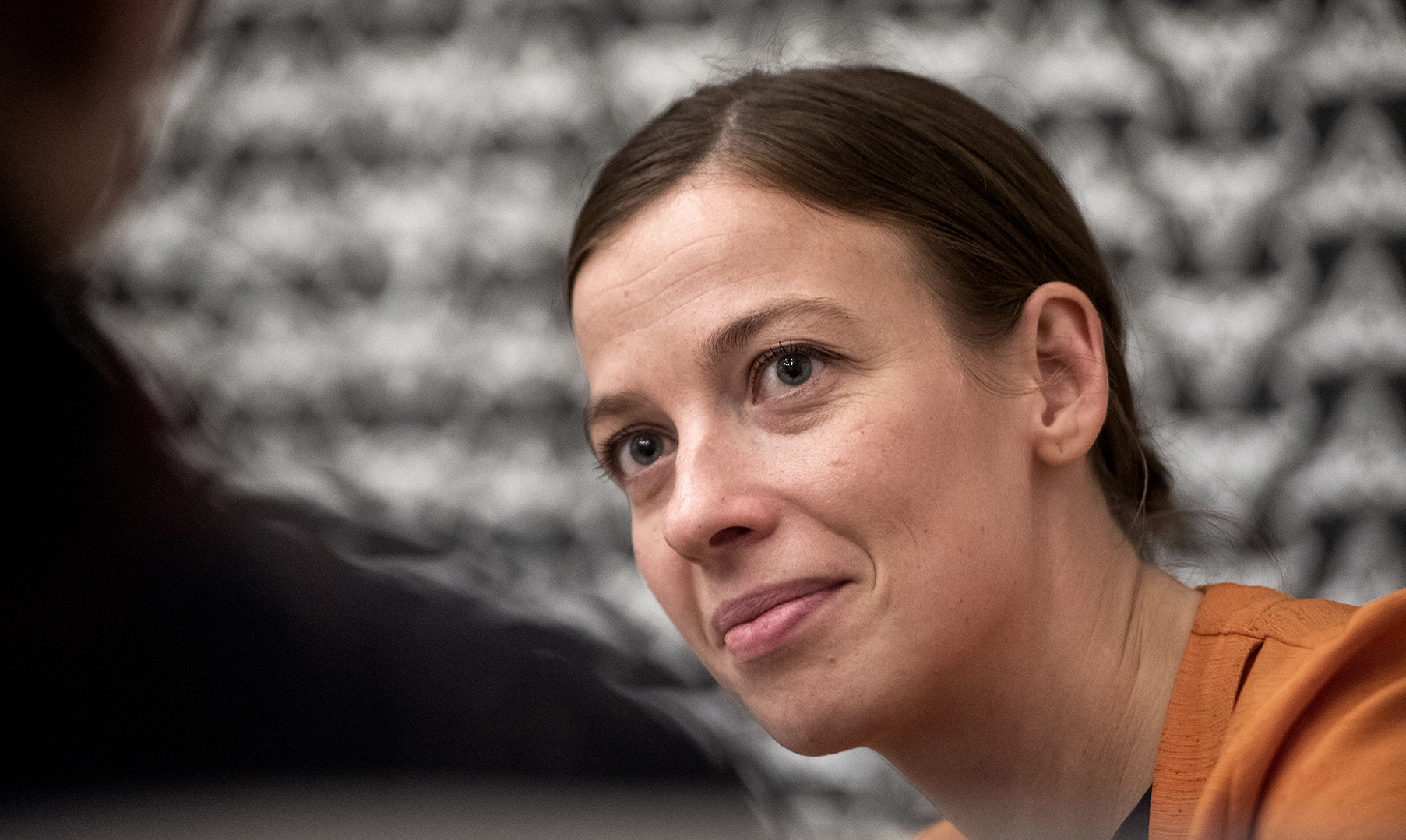LEARNING CURVE
SA education experts weigh in on emulating Finland’s teacher training strategies

In the wake of Finnish Education Minister Li Andersson’s visit to South Africa, Maverick Citizen asked South African education experts about what can be learnt from Finland’s teacher training strategies.
While education policy should be tailored to fit each nation’s context, much can be gained from learning about successful strategies in countries with robust systems. A delegation from the education ministry of one such country, Finland, recently visited South Africa to deepen cooperation in education with their SA counterparts.
Speaking to Maverick Citizen during the visit, Finnish Education Minister Li Andersson highlighted investment in teacher training as an important part of building a strong education system.
“The role of teachers is absolutely one thing that I talk a lot about with my international colleagues … investing in teacher training, investing in teachers being able to train in schools while they are studying to become teachers, and also investing in in-profession training,” she explained.

Finnish Minister of Education Li Sigrid Andersson discusses Finnish and South African education. (Photo: Alet Pretorius)
Maverick Citizen asked South African education experts about how the roles and training of teachers differ between the two countries, and where certain Finnish strategies could be emulated.
Read more in Daily Maverick: “South Africa takes ‘valuable lessons’ on education best practice from Finland”
Training
Teachers in Finland are required to acquire a master’s degree, said Riaan Terblanche, who holds a master’s degree in social sciences and attended Educa — the largest event for the education and training sector in Finland — in 2020.
The high-level training they receive means they are afforded a lot of trust and independence in developing curricula for the children they teach.
“What the Finnish system has, which is somewhat unique in the world … is that each teacher education institution, each university, has a school attached to it — a practice … and teacher training school,” said Professor Sarah Gravett, a professor of teacher education and development, and the former dean of the Faculty of Education at the University of Johannesburg (UJ).
“This school forms part, in the sense, of the Faculty of Education. It’s a school that has been developed to support teacher education.”
This system allows a close relationship between the universities and mentors teachers in the training schools, as well as providing an opportunity for student teachers to align theory with what is happening in classrooms, said Professor Sarita Ramsaroop, head of the Department of Childhood Education in the Faculty of Education at UJ.
“The majority of … graduates in this country study via distance education, where there is no or very little close collaboration between the university and the schools [at which the students are practising],” explained Gravett.
“Your big problem is when you have a curriculum that the student teachers follow, and they are placed somewhere in a school … and what they are studying in the curriculum never meets what they are experiencing in the school.”
In an effort to address these issues, UJ — in partnership with the Gauteng Department of Education — started the first university teaching school in South Africa on UJ’s Soweto campus in 2010.
“We learnt from the Finnish model, and we’ve also been collaborating very closely with the University of Helsinki over many years. So, we developed a similar model … that works for us here in South Africa,” said Gravett.
The school, called Funda UJabule, allows student teachers to observe children and how they develop, a crucial area of understanding for a good teacher. Gravett said the model, while not without its challenges, works well for teacher training.
Visit Daily Maverick’s home page for more news, analysis and investigations
“We’ve now looked at … how can we actually take these learnings and replicate them … because we can only take in a maximum of 120 [teaching] students per year,” said Ramsaroop.
A potential solution is UJ’s pilot online teacher education programme, now in its second year of operation. It allows students to study towards becoming a Foundation Phase teacher online, while working in specific partner schools.
“Student teachers … are placed full-time in schools … alongside good mentors, in terms of observing good practices,” said Ramsaroop.
“At the moment, our research is more in terms of how they’re able to manage and balance their work life … as well as being a full-time student in the programme … but that is an example of where we can partner with well-functioning schools.”
Close collaboration between the university and the partner schools sets this course apart from other distance education programmes, says Gravett.
Respect
Andersson told Maverick Citizen the teaching profession in Finland was highly respected, with schools seen as “the heart of the community”, and teachers as “representatives of a bright future”.
“I think a thing that was very important when it comes to the relationship between society and schools was that all of Finnish society believed in education as a way for social mobility,” she said. “The Finnish working class, traditionally, [had a] very positive attitude towards education.”
The “low status” of teachers in South Africa is a big issue, said Gravett. Teachers in the early years of schooling are viewed as having the lowest status of all, despite this being the phase in which the foundation of education is laid.
While some teachers do not live up to professional standards and therefore need to take responsibility for the way their role is perceived, others are doing excellent work, she continued.
“We have those teachers who are really doing excellent jobs with our children in this country,” said Gravett.
“They need the recognition, and that should come from … every individual in this country, because every individual … has either a child or a sister or a brother or a nephew or a niece or somebody in the education system.” DM/MC


















 Become an Insider
Become an Insider
Fundamental to a new education strategy is for the whole society to support our teachers. They are on the front line coping with threats of violence, inadequate resources, poor management, children who are not disciplined at home, parents who show no interest in their children’s education and inadequate skills development . Their role in whether South Africa becomes a successful nation is critical. Everyone attacks SADTU as a scapegoat without understanding the realities facing our teachers